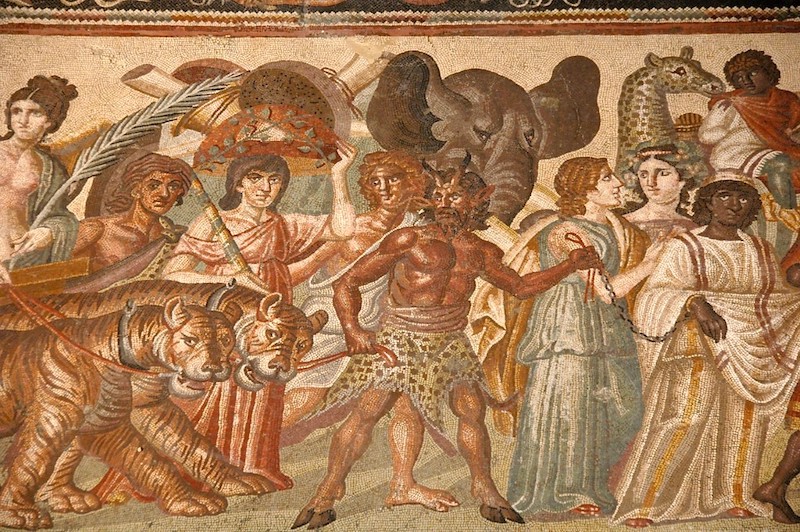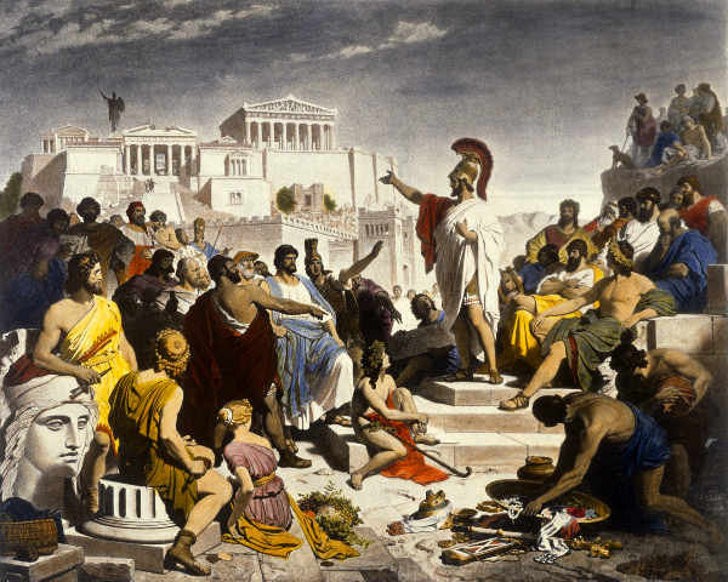Written by Van Bryan, Contributing Writer, Classical Wisdom At the opening of the Crito, a dialogue by the philosopher Plato, Socrates has been imprisoned. He is awaiting his execution for the supposed crimes of corrupting the youth and believing in strange gods. However, it is only by chance that Socrates is still alive, trapped in his






